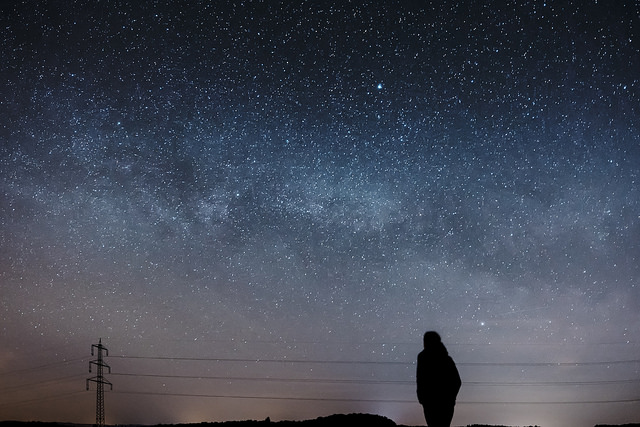In this article I want to share with you the eight stages of spiritual evolution common to all humans as well as some of the underlining beliefs, assumptions, and driving forces present in each.
Hopefully by the end of this article you will have a much deeper and more profound understanding of spiritual practice in modern times.
Our modern world very much views reality and the nature of the self in two basic ways:
1. That it is permanent, solid, and objective.
2. That it functions very much like a finely tuned Swiss watch.
This may sound foreign, incorrect, or overly simplistic, in which case, we need to realize and examine our own inherent biases. Because when we as modern people look at older cultures and we tend to to think one of two things about their worldview:
1. Aw, that’s cute, what a primitive unscientific mythology. “We are so much more evolved now.”
2. Wow, that’s so old and foreign, it must be mysterious, magical, and better. “They figured it out.”
The point here is to cause a bit of reflection and bring awareness to our own personal beliefs about reality and ourselves, and thus also about our own mythology.
With this out of the way, let’s look at the eight stages of spiritual evolution:
- We don’t know.
- Birth.
- Here and now.
- Here and now.
- Here and now.
- Here and now.
- Death.
- We don’t know.
Now maybe this is disappointing, annoying, boring, or even funny, which is good because I’m joking while being sincere in hopes of illustrating a few important points while also poking at our own inherent biases.
What Im trying to illustrate is that to assume, believe, or intend anything outside of this is to be very much unspiritual and subhuman.
If we were to take a moment and reflect upon how that belief has underlined monotheistic religions, science, and dictators alike, we’d see that this type of salvational thinking has been a destructive plague on our planet in the majority of recorded history.
This is unspiritual because we assume:
- The world is solid, permanent, and objective, i.e.. mechanical worldview.
- We have a permanent, independent, abiding self.
This is subhuman because we assume:
- We need an external force to improve, evolve, or save us, when really what we are saying is “I’m not good enough, I’m not okay, I’m broken, etc.”
- There is some kind of universal right thing we can do that will get us one up on the universe, make us whole, or put a gun to gods head.
- This is where we open to door to stress, overexertion, and depletion of all shapes and sizes because we approach and exceed the boundaries of what it means to be human, and thus open ourselves up to possession and/or disease.
The more standardized, mechanized, and salvational we become is ultimately the less human and the more ghostlike that we become as these things all undermine and degrade the basic radiance that comes with being a natural human being.
Perhaps none of this really makes a lot of sense, maybe it does—but the point is that it doesn’t have to.
Go outside and observe a tree, a bird, or the breeze—these things have no real point outside of themselves.
I hope that this article has generated a sense of inquiry and an attitude of self reflection and deeper self-awareness.
Relephant:
The Truth About Spirituality & Materialism.
Author: Brandon Gilbert
Editor: Renée Picard
Image: Christian Reimer at Flickr












Read 2 comments and reply